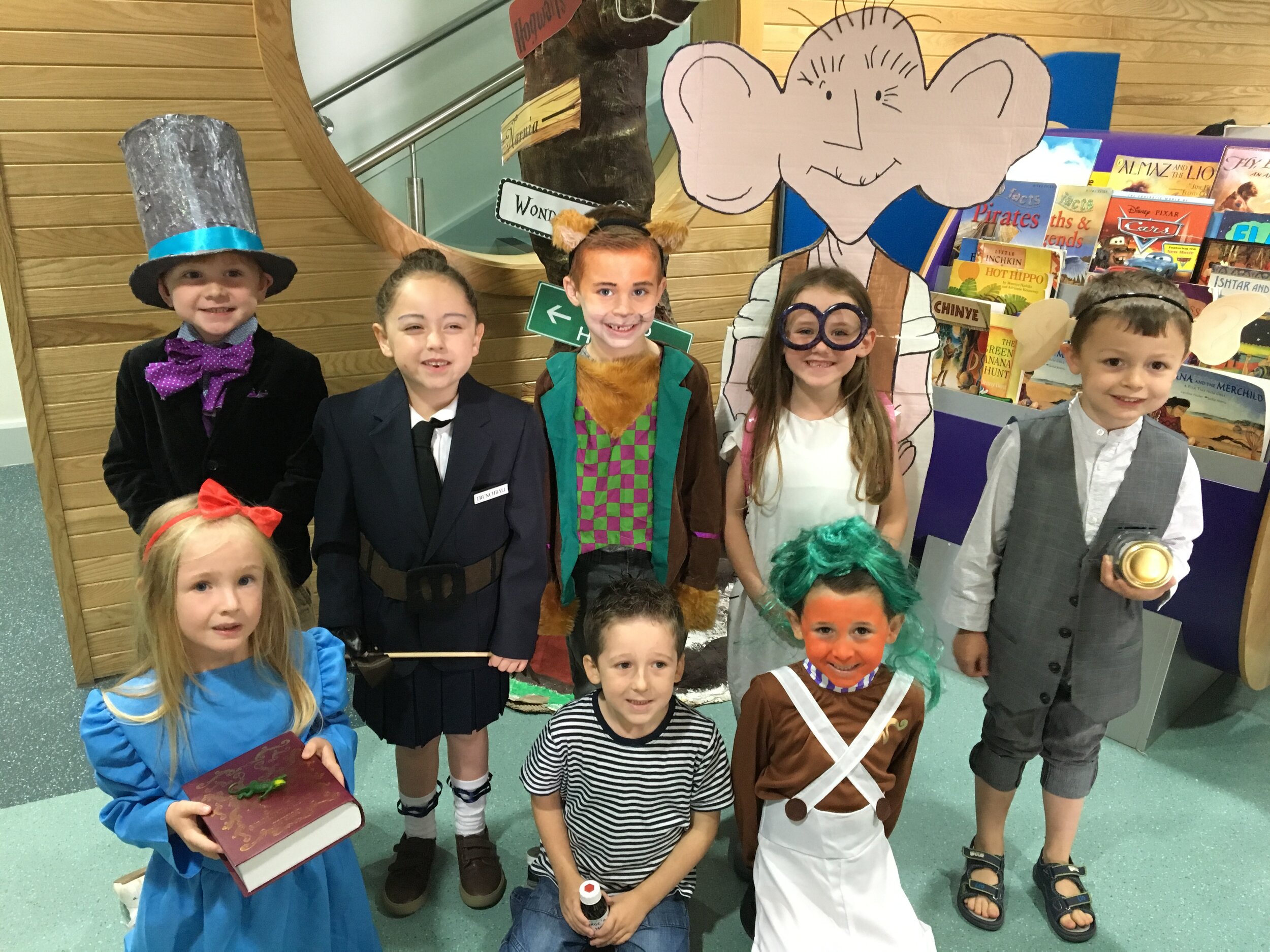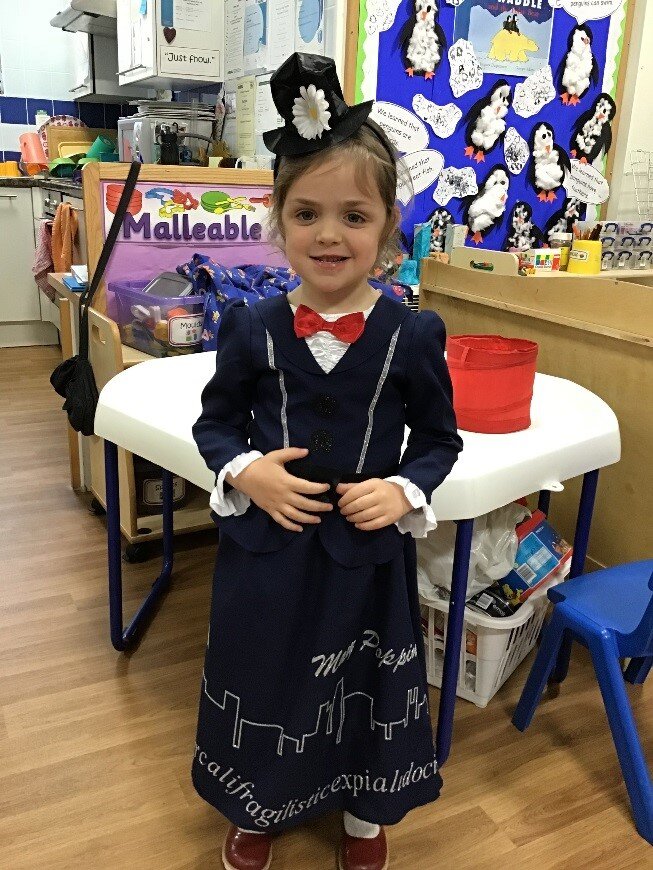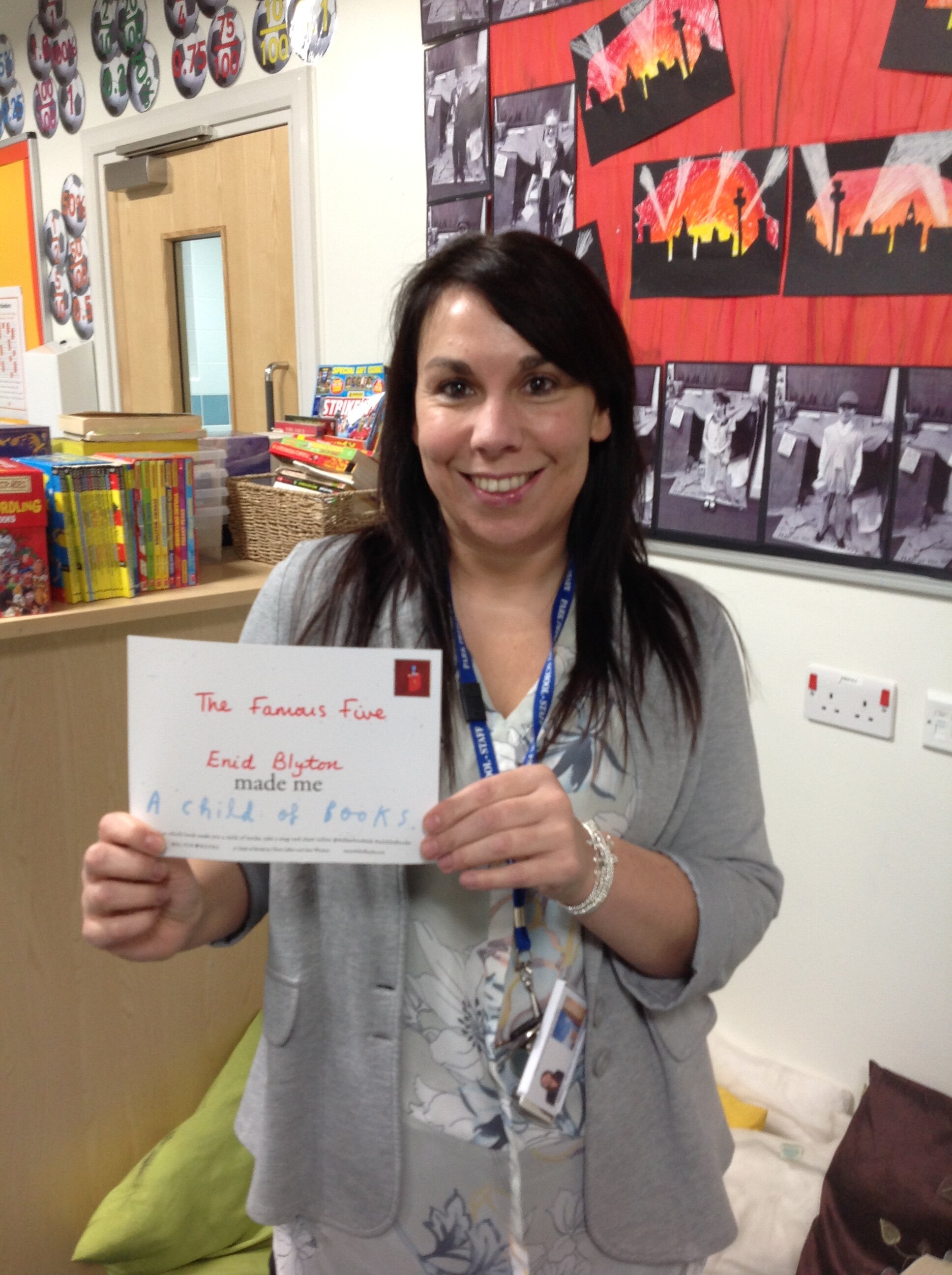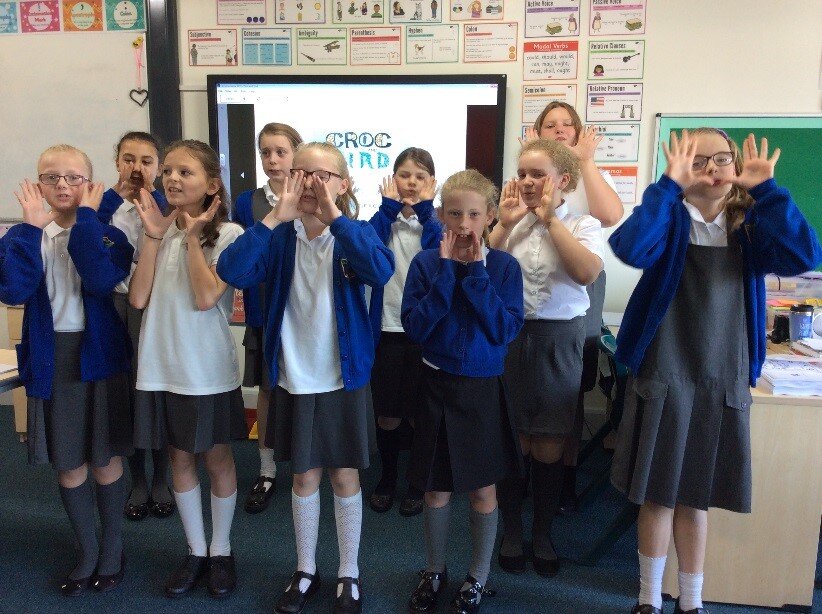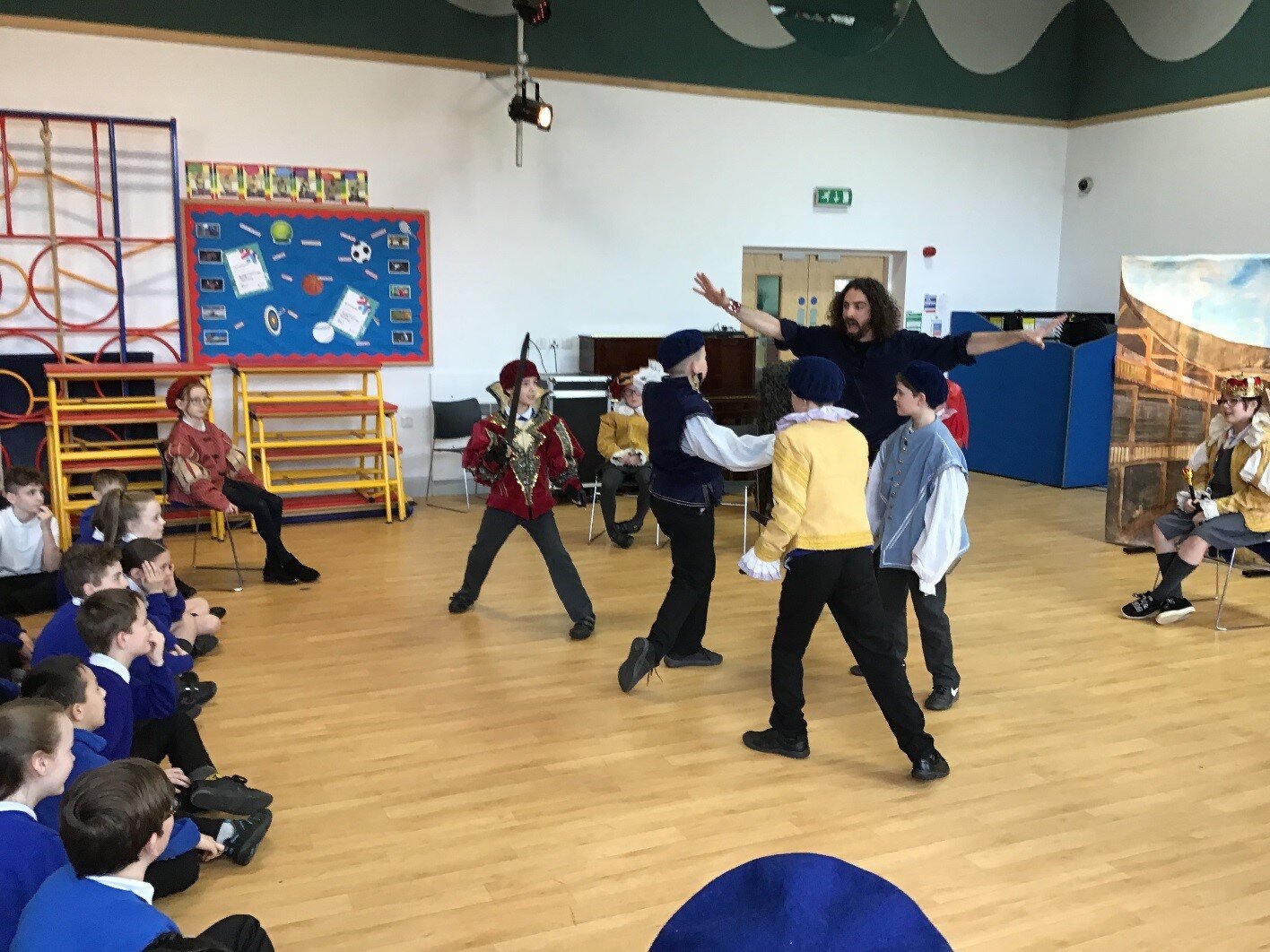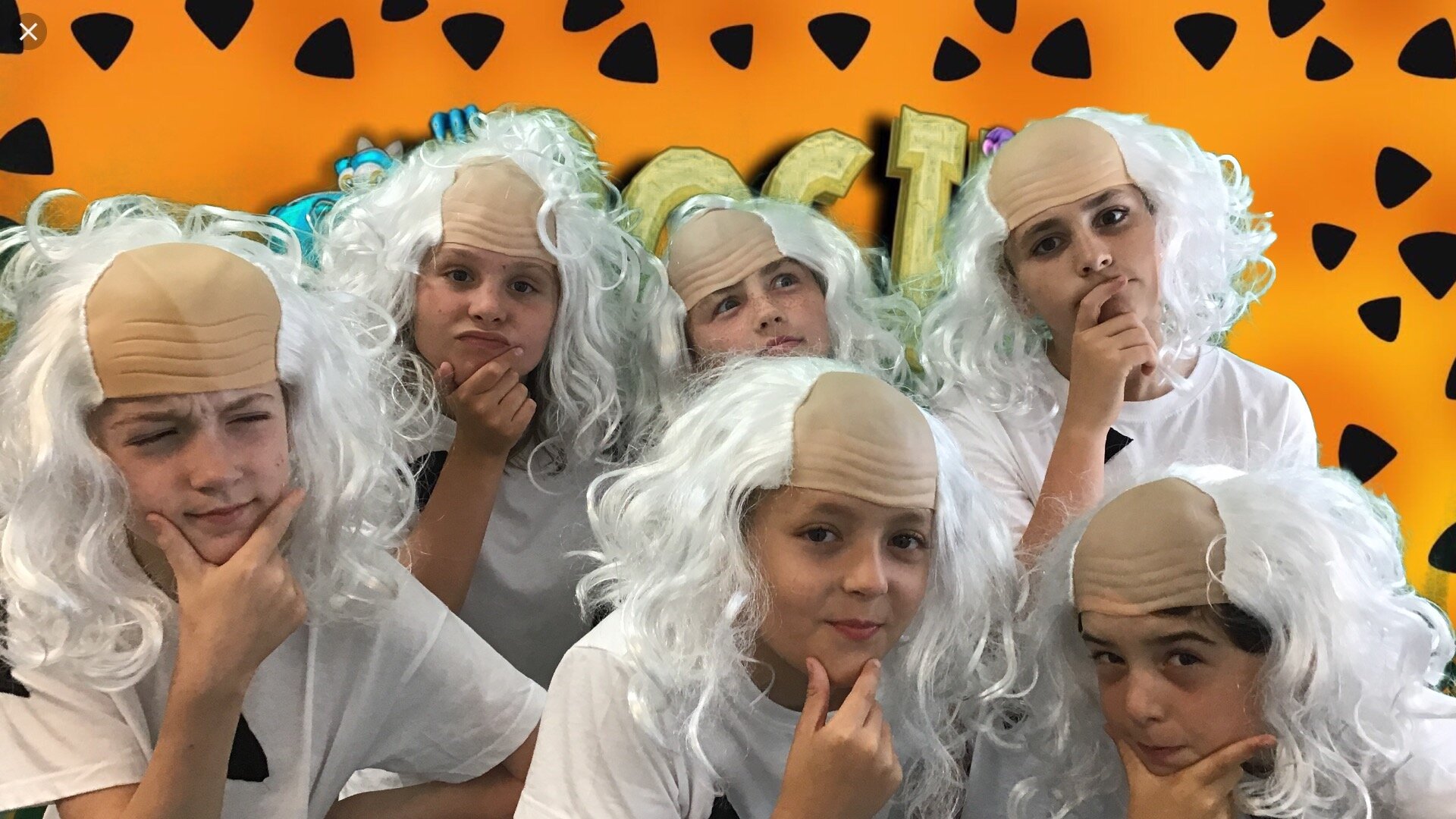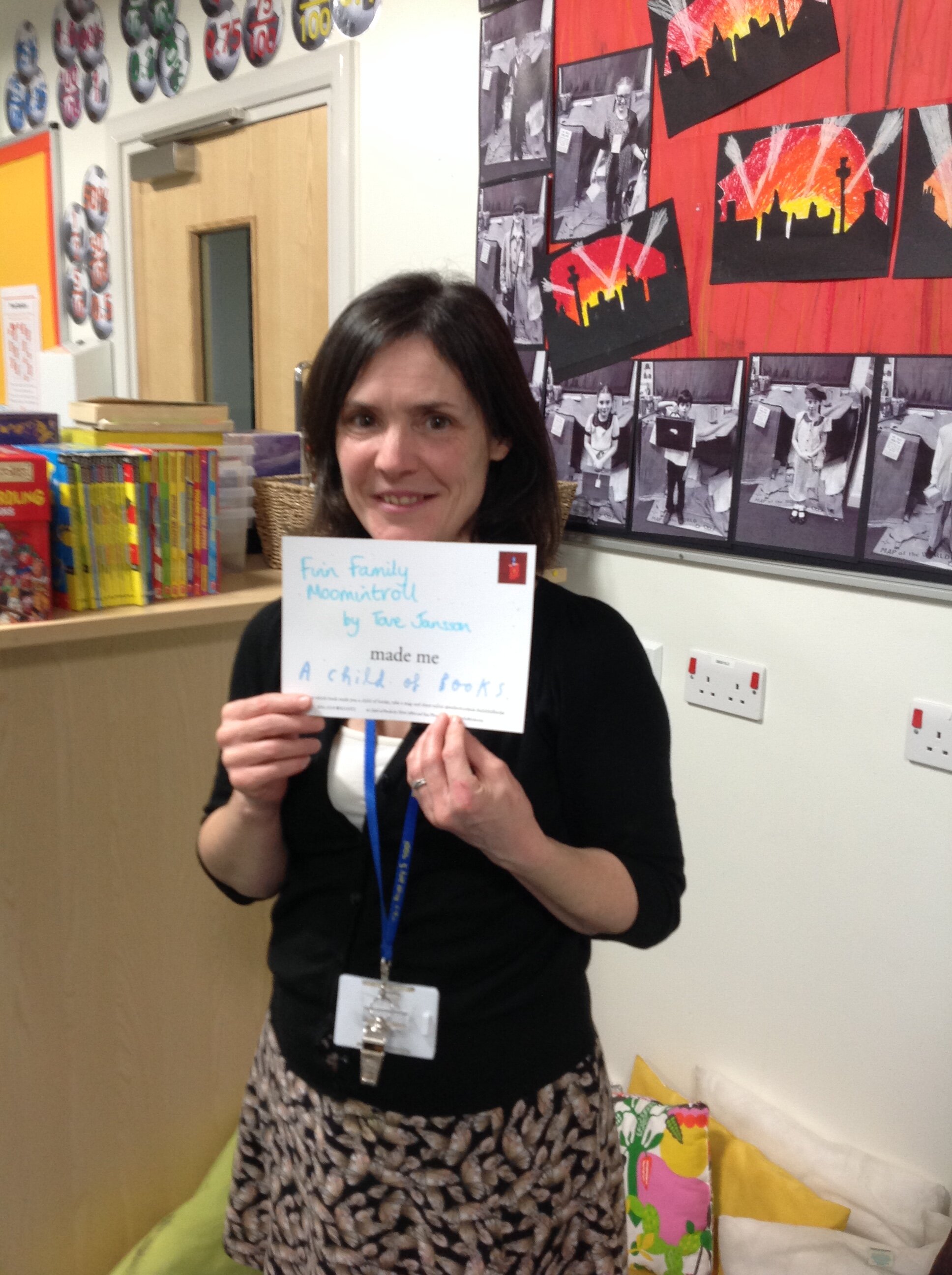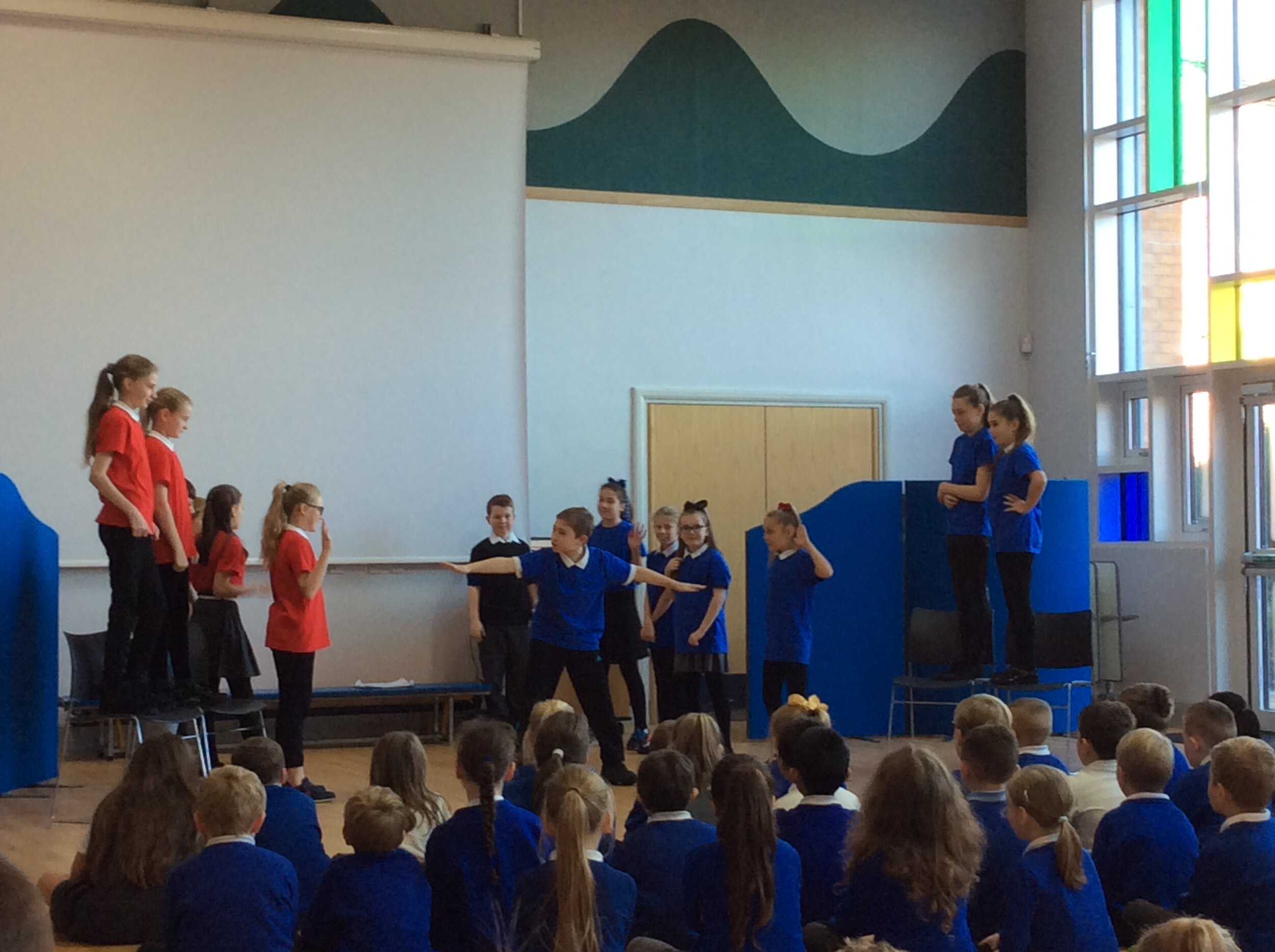English at Park
At Park Primary School, we believe that a quality English curriculum should develop children’s love of reading, writing and discussion. The high quality texts that we use throughout all key stages help to bring purpose and enjoyment to our reading and writing. We aim to inspire an appreciation of our rich and varied literary heritage and a habit of reading widely and often. We recognise the importance of cultivating a culture where children take pride in their writing, can write clearly and accurately for an intended audience and adapt their language and style for a range of contexts. We want to inspire children to be confident in the arts of speaking and listening, using discussion to develop their learning. We believe that a thorough grasp of literacy skills is crucial to a high-quality education and will give our children the tools they need to participate fully as a member of society.
Daily phonic sessions are taught through Letters and Sounds throughout Foundation Stage, Key Stage One and identified children in Key Stage Two. Children are encouraged to link sounds and letters in order to begin to read and write. Sessions are well paced, fun and multisensory allowing children to practise and apply their developing phonological knowledge. These daily sessions follow the format of revisit/review, teach, practise and apply. We regularly work with other schools within our cluster to ensure Phonics at Park is paramount. More information about Phonics at Park can be found here.
Reading is a fundamental part of everything we do at Park. Reading for pleasure is a cornerstone of our approach, with well-stocked and inviting class reading corners and school library. The high profile of reading in school is further enhanced by the use of the Accelerated Reading platform which has significantly changed the culture of reading for our children. The children are motivated and keen to read. We give all children the opportunity to enter the magical worlds that books open up to them. Children are encouraged to develop their own love of genres and authors and to review their books objectively. This enhances a deep love of literature across a range of genres, cultures and styles as well as a developing vocabulary. At Park, we ensure that our children not only have access to a wide range of fiction and non-fiction books, but we provide reading opportunities through various media, such as: comics, magazines, weekly children’s newspapers and eBooks through Bug Club.
We provide a wealth of enrichment opportunities throughout the school year: from hosting World Book Day, entering national poetry competitions with the support from visiting poets and authors, as well as taking part in the annual Shakespeare Schools Festival, where children can find themselves performing Shakespearian plays in a local theatre. We also encourage all of our children to enter reading challenges in collaboration with our local libraries. Every half term, we work closely with our local library service to provide every year group with engaging books and resources, including historical artefacts, to help bring their learning to life. Park has also celebrated literacy throughout all key stages through our various themed weeks: from celebrating nursery rhymes to immersing ourselves in the worlds of Roald Dahl and Harry Potter.
Early Years Foundation Stage
At Park Primary School we believe that our Early Years Foundation Stage is crucial to developing firm foundations to be built upon throughout our pupils’ school journey and beyond. Staff ensure that opportunities are provided to develop spoken language in a range of exciting and engaging contexts, that reflect the interests of the child.
Starting with our youngest of children, we provide opportunities to envelope our children in a rich language environment; we develop their confidence and skills in expressing themselves; and encourage them to speak and listen in a range of situations.
Daily phonic sessions are taught a high-quality phonics programme. Children are encouraged to link sounds and letters in order to begin to read and write. Sessions are well paced, fun and multisensory allowing children to practise and apply their developing phonological knowledge. We encourage children to apply these skills both inside and outside in our learning provision, such as labelling models made, writing lists in role play and inventing their own stories.
Children in our F1 and F2 classes are given access to a wide range of high quality reading materials. Rich reading experiences are provided through daily shared and independent reading opportunities. Children engage daily in a language rich environment where storytelling, reading aloud, rhyme and song are embedded across the curriculum.
Opportunities to involve families in children’s literacy journeys are vital in providing an enabling environment. We offer a variety of workshops, Book Time events and phonic workshops throughout the year, allowing families to learn alongside children.
Writing
INTENT
At Park, we have designed our Writing curriculum to:
Meet the requirements of the National Curriculum and Early Years Framework
Be rich in knowledge that is meaningfully connected to what children already know
Build a strong understanding of the writing process over their time at Park
Develop empathetic citizens of now and the future, equipped and empowered to make a difference in an ever-changing world
Use a rich and varied vocabulary within writing through engaging with high-quality texts.
Equip children with the skills to be able to write for different audiences and purposes.
IMPLEMENTATION
Our English curriculum has been designed with a mastery approach to writing; we place a high emphasis on developing children's vocabulary so we weave this into all subjects across the curriculum. We base our English units on high-quality texts to expose children to new vocabulary and give them varied and purposeful opportunities for writing. To achieve mastery in writing, it is important that we teach children new skills in writing, but also ensure they continue to use the core skills they have already learned - there is little use in learning to use a semicolon when a child hasn't mastered using a full stop to end a sentence! To achieve this, we teach new skills in each unit that we refer to as the 'mastery keys' with the children. Alongside this, we also remind children of their 'gateway keys', which are the important writing skills they have already learned that they are expected to continue to use in their writing. This repetition allows these skills to become automatic in your child's writing. We explicitly teach children a clear writing process that teaches children to plan, draft, edit and revise their work. We use the 'Pathways to Write' to underpin our English units because it supports this mastery approach to writing through engaging and challenging texts. We then tailor the units and individual lessons to meet the needs of your child and their class.
To support children's handwriting at Park, we have a consistent approach and high expectations of presentation. From the first time the children pick up a writing instrument, staff have a consistent approach to ensuring that the children are ready to write. We use ‘P-checks’ to support the process of handwriting. This focuses on ensuring that the children have the correct posture, pencil grasp, paper position and fluency to write. Handwriting is not only taught discreetly, it is an integral part within all lessons and is reinforced consistently. Children progress from printing letters to joining their handwriting in a neat, legible style. Within each class, staff will model the age-appropriate expectations, consistently.
Teaching and learning of spelling in the EYFS and Key Stage 1 is underpinned by the use of a high quality phonics programme, Little Wandle, alongside the National Curriculum requirements for spelling in Years 1 and 2. We follow a mastery approach to the teaching of spelling and deliver the statutory content of the Primary National Curriculum for spelling in Key Stage 2. Through weekly teaching of spelling objectives and development of a whole school approach to word transcription, vocabulary development and proofreading, we teach your child to develop as proficient spellers, through a wide range of engaging, purposeful and progressive activities. We use ‘Pathways to Spell’, which supports the mastery approach to writing and gives the children the opportunity to revisit prior learning, learn new spelling rules and to then apply their new learning in a variety of ways. Children are encouraged to check and edit their spellings when writing independently and are able to use supporting resources, where necessary.
